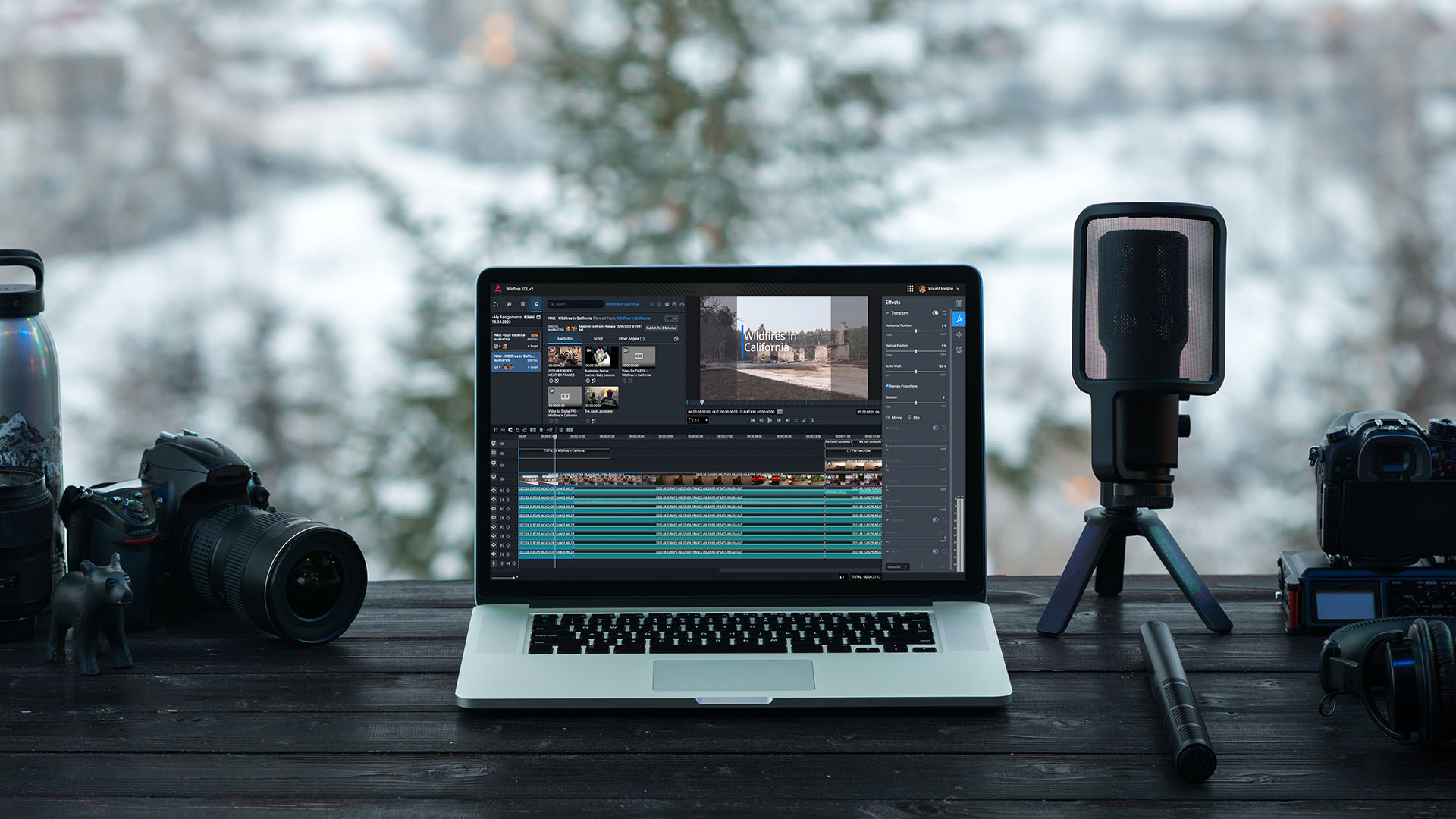As the saying goes, a week in politics can be a very long time. Similarly, the last year in the life of the Digital Production Partnership (DPP) has seen a very great deal of evolutionary progression, all of which will have a positive and long-lasting impact on the broadcast industry:
Believe it or not, next year marks 10 years since SMPTE launched the MXF standard. Back then, no-one spotted that the end users had refocused their attention at the time of publication and the first batch of product was launched by the vendor community using the MXF toolbox in a way that favored that particular vendor.
No-one is to blame for this – it is a natural consequence of trying to do something difficult in an open forum. Over the next few years, the MXF standard started to lose some of its appeal as interoperability problems prevented complex systems from “just working”.
DPP becomes a nationally recognized MXF application specification
The solution has been to create a range of application specifications: the application might be for direct-server playout, or versioning or interchange of mezzanines or exchange of advert metadata. These were (and still are) business problems with a technical solution called MXF. Not unsurprisingly, these business problems were the same ones that were first put forward a decade ago when MXF was being designed.
The Digital Production Partnership (DPP) is the first of these Application Specifications to receive national scale adoption. It certainly won’t be the last. DPP provides a framework that enables the UK industry to come together and share best practice in digital production and help producers and broadcasters maximize the potential of the digital revolution. Also, it leads the standardization of technical and metadata requirements within the UK, helping to ensure digital video content can be easily and cost-effectively distributed to audiences via multiple platforms.
DPP galvanizes the UK broadcast industry
As one of the ‘founding fathers’ of MXF, it has been gratifying to see the way that DPP is galvanizing our industry. On one side of the equation, I attend DPP Vendor Days where there are not two or three, but instead 15 or 20 different companies working together to create a truly open and practical solution to the challenges that file-based workflows present.
Yes, we are competitors, but it is gratifying to see that we style retain the capacity to come together and develop common standards that benefit everybody – especially the end users, our customers.
And the last 12 months have seen significant advances in the ways that broadcasters, facilities and content owners are integrating the DPP specifications and recommendations at the heart of their enterprise operations.
BT Sport adopts DPP specifications
For AmberFin, one of the most important DPP landmarks in 2013 was the news that UK-based broadcast facility provider, Timeline Television, has integrated the AmberFin iCR software platform within a bespoke production centre to support BT Sport, the new UK sports broadcaster. As part of the system delivery, Timeline TV is utilizing AmberFin’s Digital Production Partnership (DPP) compliant file format support for content delivery to UK broadcasters.
BT Sport is one of many UK broadcasters and facilities that are basing their enterprise operations on the DPP specifications. However, the DPP’s self-imposed deadline where file-based content delivery becomes the preferred exchange format for almost all major UK broadcasters is less than a year away and still most facilities and production companies are a long way from finalizing their DPP adoption strategies.
Will you meet the DPP deadline?
The agreement of the DPP’s file-based Technical Standards (released Jan 2012) was not intended to signal an immediate move to file-based delivery. Instead, the DPP has provided clarity around which file format, structure and wrapper will become the expected standard for file-based delivery as it is phased in. In 2012 BBC, ITV and Channel 4 began to take delivery of programmes on file on a selective basis. The aim is for file based delivery to be the preferred delivery format for these broadcasters from 1st Oct 2014.
An enormous amount of work is being done by a great many clever people within various organizations and these operations will be the big winners when D-Day arrives. Other organizations might have fallen into the trap of believing that DPP is an ‘off the shelf solution’ – it is not. If you want to be a part of the DPP revolution you need to start preparing now.
Let’s hope that 2014 is another outstanding year for all those people and organizations that the DPP standard aims to help.
Featured in: Content Distribution | Dalet AmberFin | Digital Production | Digital Transformation | DPP | File-Based Workflows | Metadata | SMPTE |
With 30 years in the industry, Bruce looks after Media Technology for Dalet. An engineer who designed antennas, ASICs, software, algorithms, systems and standards, Bruce is best known for being @MrMXF and you can get his book on Amazon.
More Articles By Bruce



